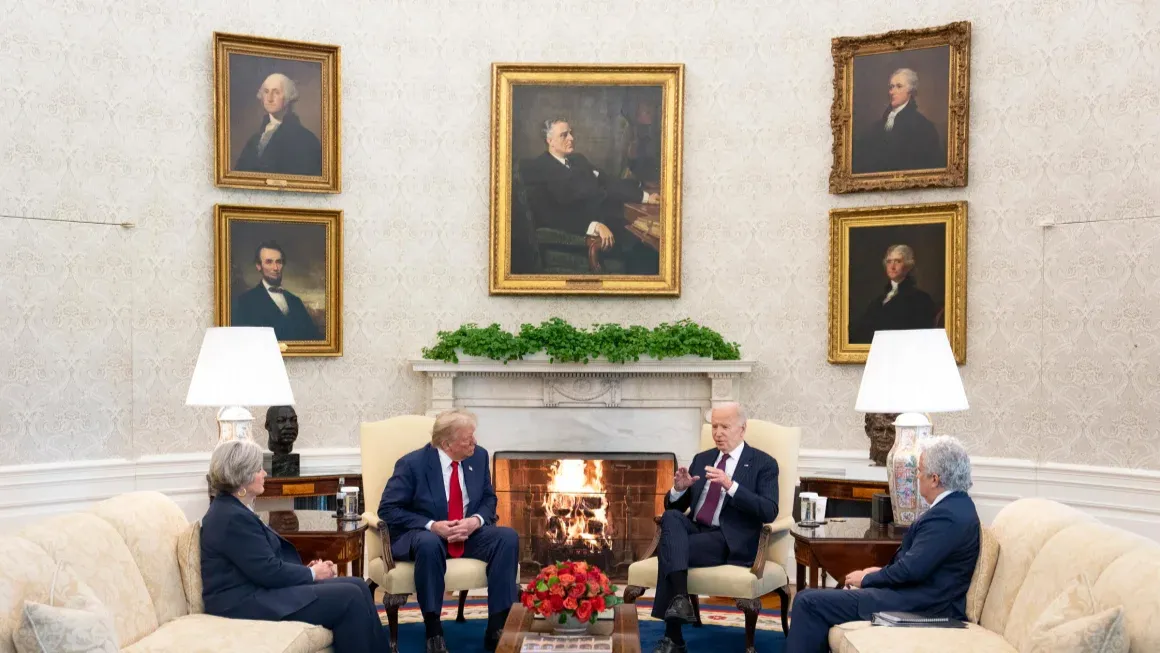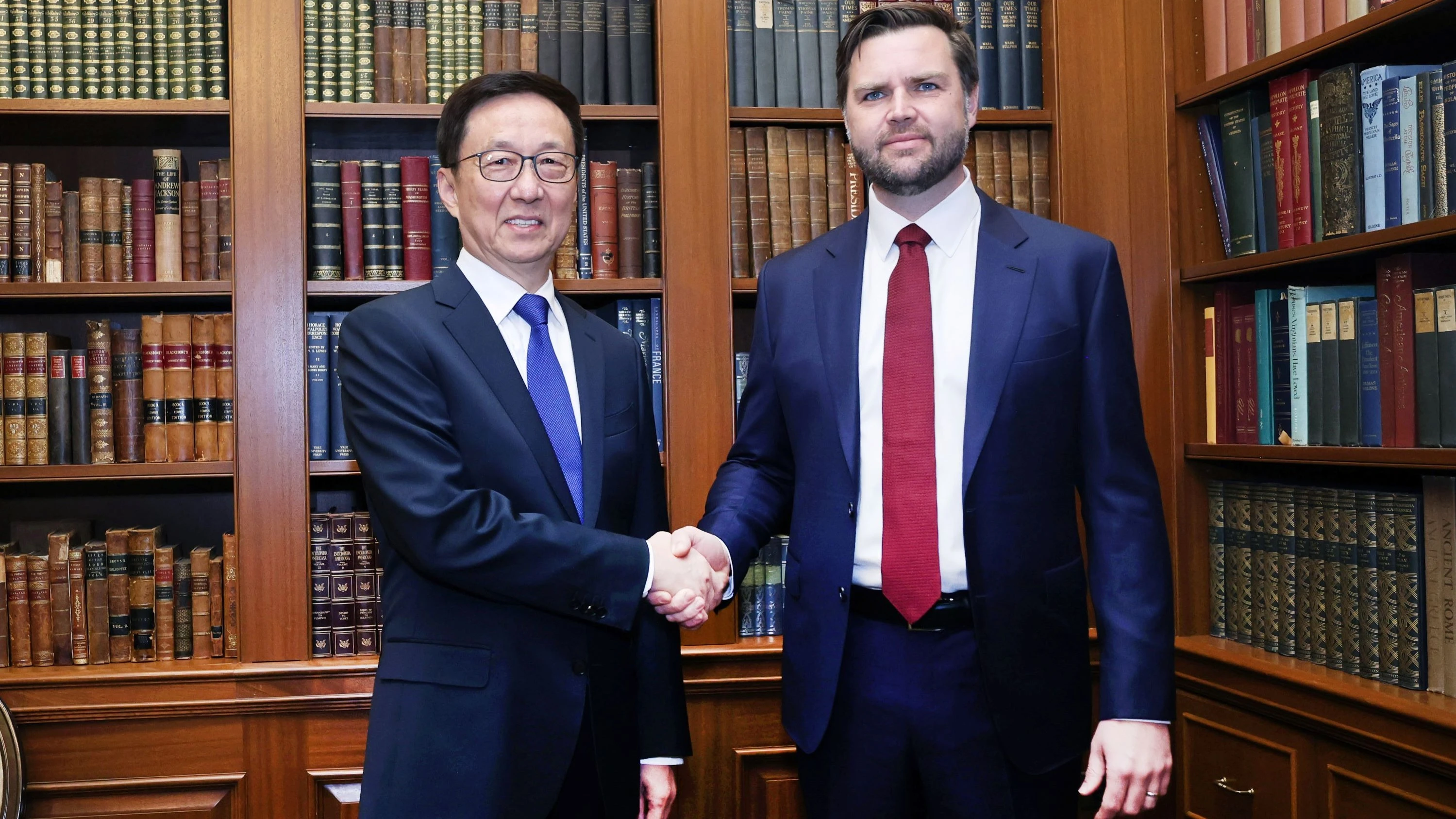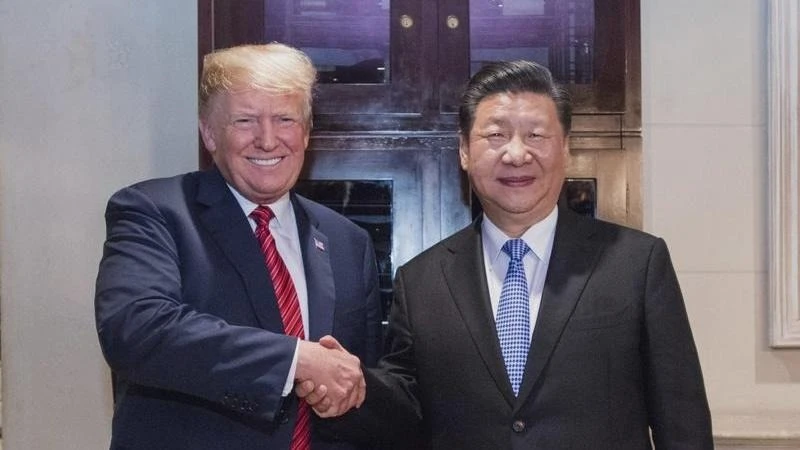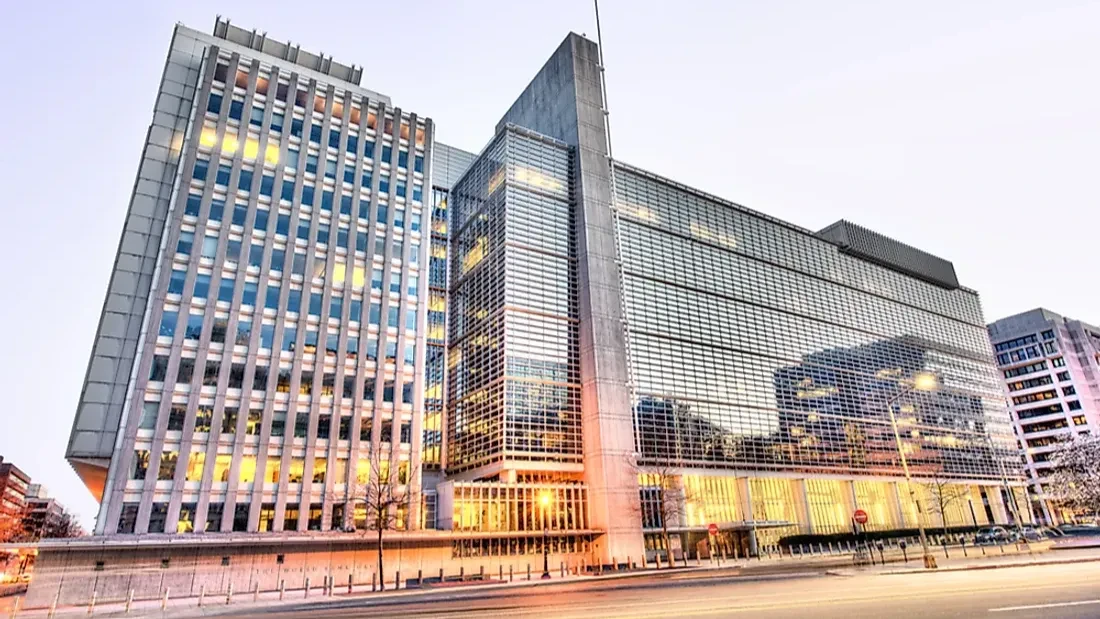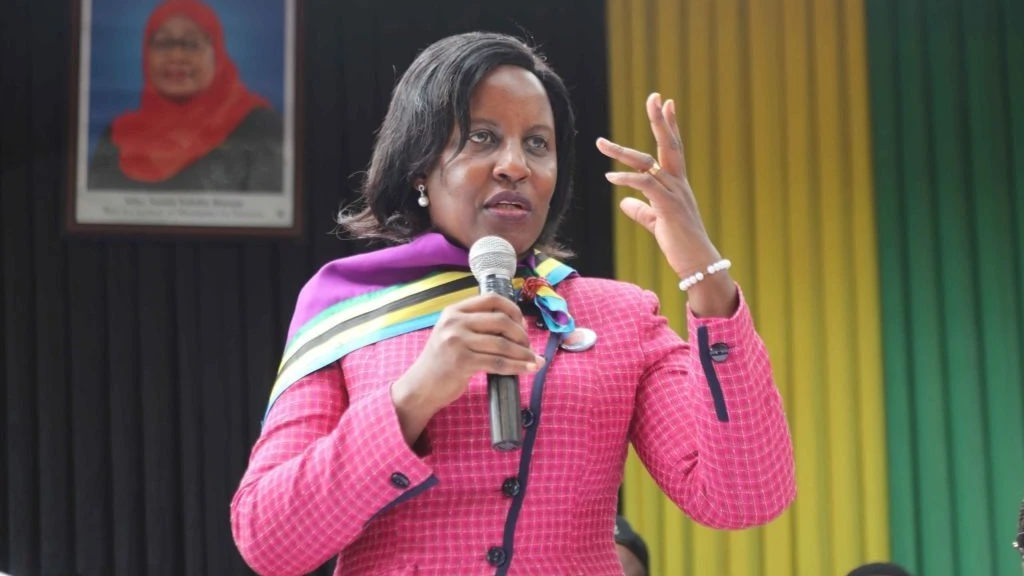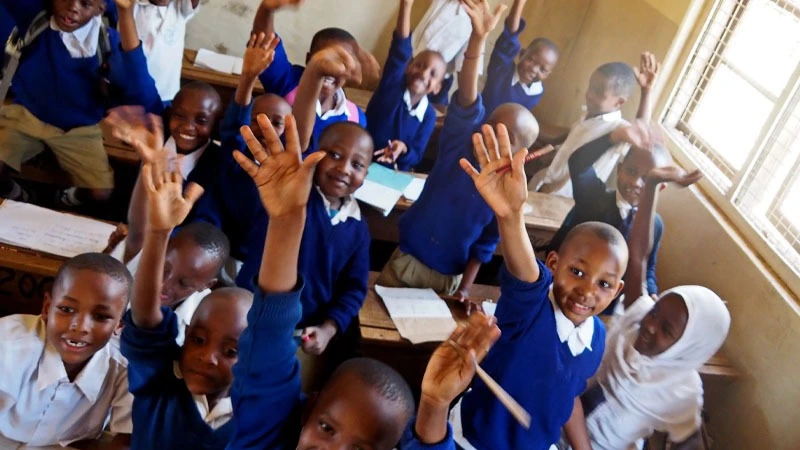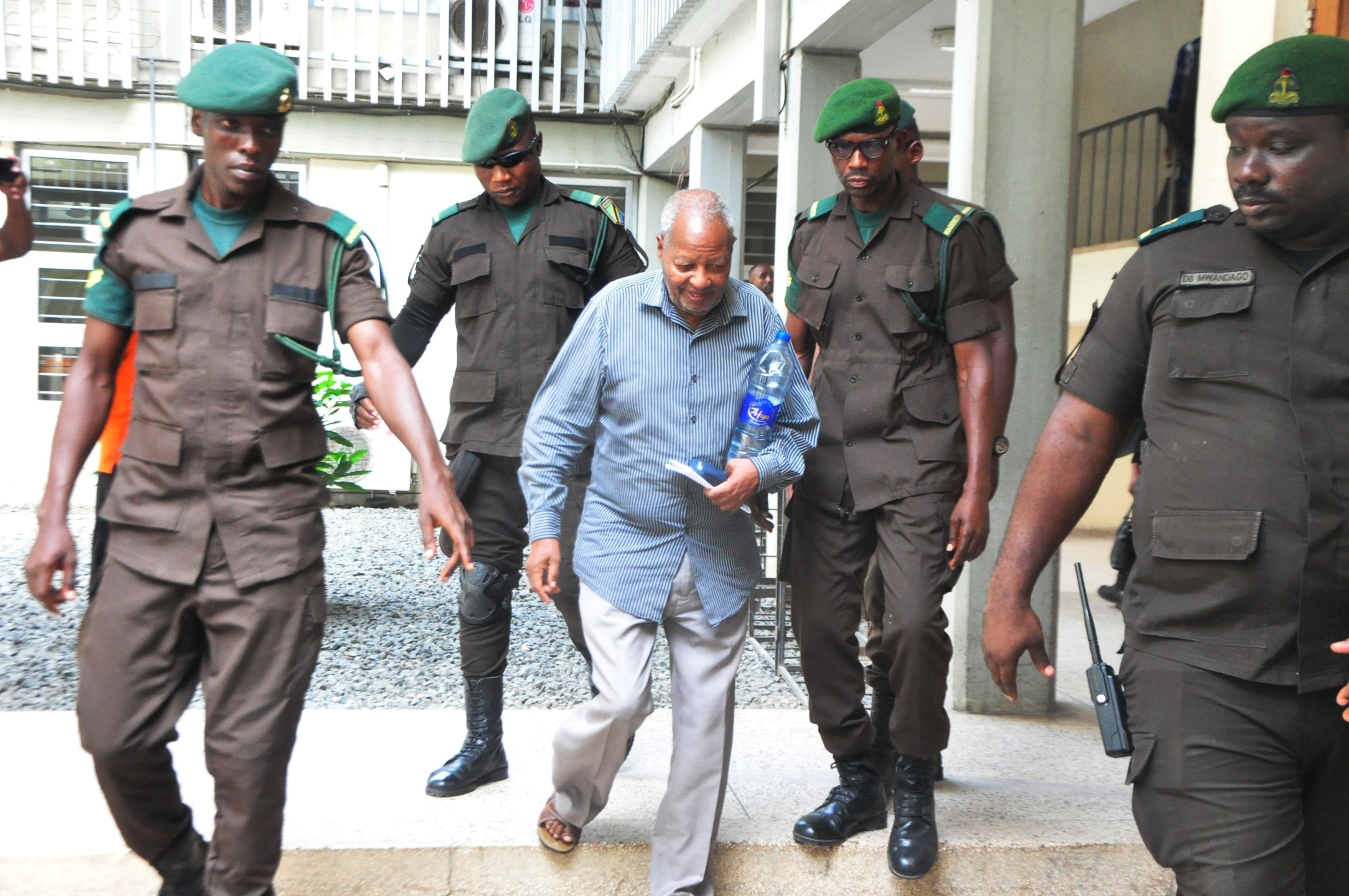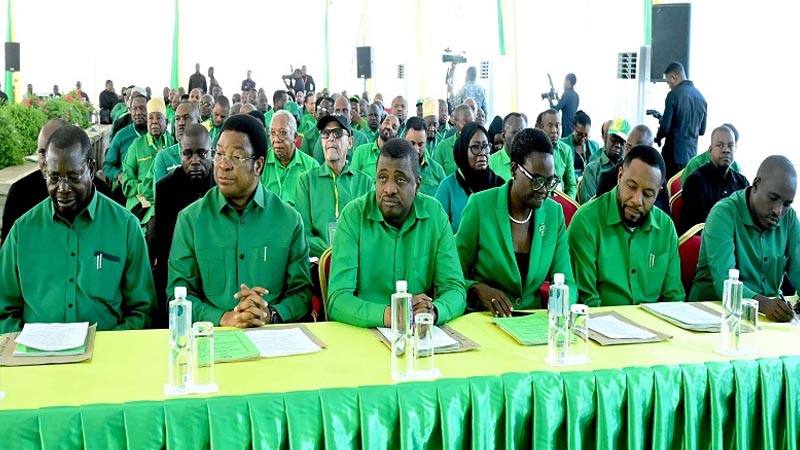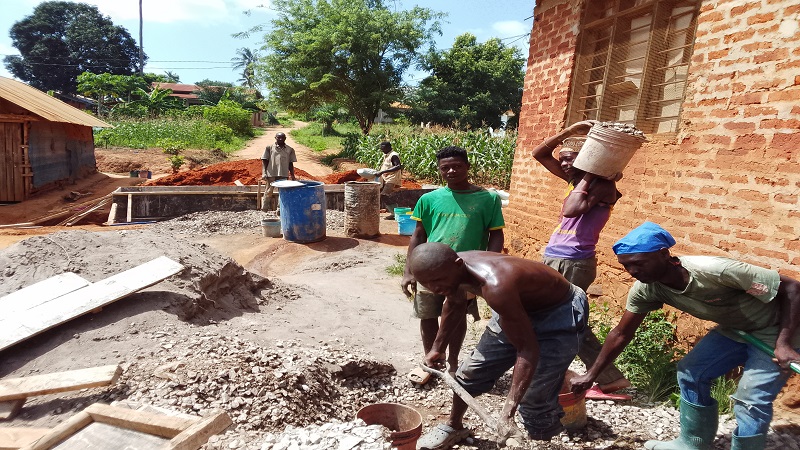African leaders to approve national energy pacts at Dar summit
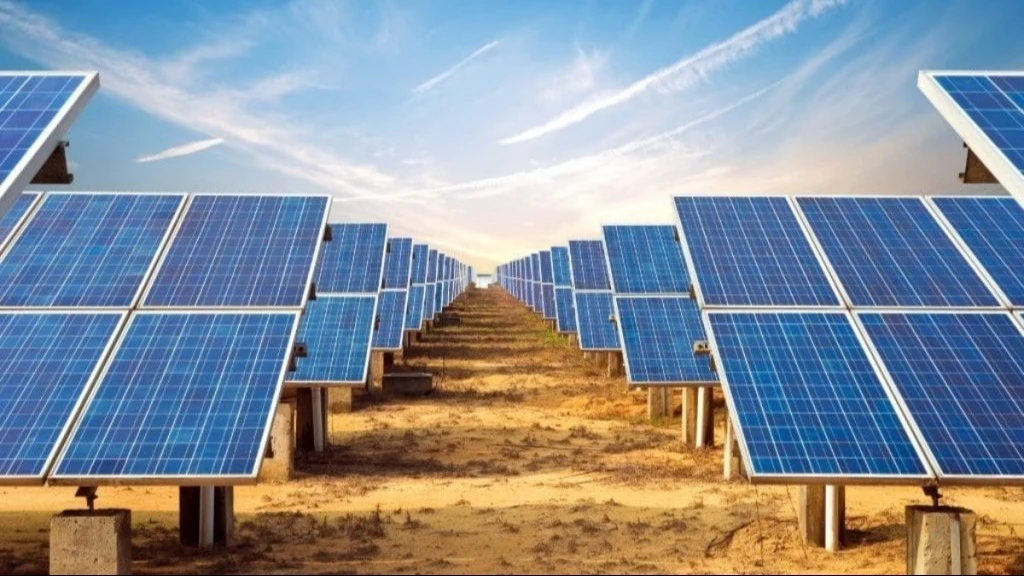
TANZANIA is set to take centre stage in shaping the future of Africa’s energy landscape as it prepares to host the African Energy Summit in Dar es Salaam later this month.
Scheduled for January 27-28, the historic event will bring together heads of state from across the continent, as well as over 1,500 key stakeholders from governments, international organizations, and the private sector.
The summit will aim to drive Africa’s energy transformation and tackle the critical issue of energy access for millions of people across the continent.
The significance of the African Energy Summit cannot be overstated. It will serve as a platform for forging ground-breaking agreements that aim to revolutionize energy access, with a target of providing sustainable energy solutions to 300 million people across Africa by 2030.
The ambitious goal is part of a broader, continent-wide initiative to increase the adoption of clean, renewable energy sources and reduce Africa's dependence on traditional, polluting energy sources like coal and oil.
A key highlight of the summit will be the adoption and signing of the Africa Energy Compact, a comprehensive strategic framework designed to advance sustainable and equitable access to energy for all Africans. The compact will serve as the cornerstone of Africa’s roadmap for clean and inclusive energy development, marking a critical step towards addressing the energy gap that has long plagued the continent.
But the Africa Energy Compact is not the only major achievement expected from this summit. Another key milestone will be the endorsement of the first phase of National Energy Compacts for 2025–2030, which will see 14 countries, including Tanzania, Nigeria, Zambia, Senegal and the Democratic Republic of Congo, unveil their national energy plans.
The plans will focus on enhancing energy access, improving the reliability of electricity, and ensuring that energy solutions are affordable for millions of African households and businesses.
A third milestone to be reached at the summit will be the approval of the Dar es Salaam Declaration. The declaration will embody Africa’s collective vision for a sustainable and equitable energy future, underscoring the need to boost renewable energy adoption, improve energy infrastructure, and ensure energy equity across the continent. It will serve as a guide for African nations as they work to meet the continent’s growing energy needs and achieve their energy goals.
Innocent Luoga, Commissioner for Electricity and Renewable Energy at the Ministry of Energy, recently highlighted the importance of the Mission 300 Initiative, which will be a central focus at the summit.
The transformative initiative aims to bridge Africa’s electricity access gap by expanding energy infrastructure in underserved areas, particularly in rural and remote regions.
According to Luoga, Mission 300 will be signed by 14 countries at the summit, marking a major milestone in cross-border energy collaboration.
“Mission 300 is a game-changer for the continent,” said Luoga during a media workshop in Dar es Salaam.
He said: “It is a transformative project that will help us close the electricity access gap by expanding and improving energy infrastructure in regions that have long been neglected. The summit will be a key moment for us to align our efforts and work towards achieving the ambitious goal of bringing electricity to 300 million people by 2030.”
Luoga also stressed the critical role of journalists in raising public awareness about the summit and its goals.
“The media has an important role to play in ensuring that the public understands the significance of this summit and the impact it will have on people’s lives,” he added.
As host country, Tanzania has played an instrumental role in Africa’s energy transformation efforts, and its leadership in promoting renewable energy is expected to be one of the key themes at the summit.
President Samia Suluhu Hassan’s diplomatic efforts have placed Tanzania at the forefront of the continent's energy dialogue, positioning the country as a champion of renewable energy and sustainable development.
Under President Suluhu Hassan’s leadership, Tanzania has made significant strides in electrifying rural areas.
Today, over 99 percent of the country’s villages are connected to the national grid, and more than 32,000 hamlets have been electrified. The efforts have a profound impact on Tanzania’s social and economic development, improving healthcare, education, and economic opportunities for millions of people.
One of the key objectives of the Tanzanian government is to ensure that clean cooking solutions are accessible to all households. Through the National Clean Cooking Energy Strategy, Tanzania is working to ensure that 80 percent of households have access to clean cooking solutions by 2034. The initiative will not only help reduce deforestation and carbon emissions but also protect public health by reducing reliance on traditional, polluting cooking methods.
Tanzania’s progress in renewable energy and electrification is a source of pride for the country, and it will serve as an important model for other African nations to follow. The country’s success in rural electrification has significantly improved quality of life for its citizens, particularly in terms of health, education, and economic development.
“We are honored to be at the center of these vital discussions,” Luoga reflected. “This summit marks an important step toward ensuring access to electricity for 300 million Africans by 2030, and Tanzania is proud to be leading the way.”
In the lead-up to the summit, there has been growing excitement among stakeholders, with experts, policymakers, and energy professionals looking forward to the opportunity to share ideas, forge new partnerships, and collaborate on innovative solutions to Africa’s energy challenges. The discussions will focus on critical issues, including the development of renewable energy sources such as solar, wind, and hydropower, as well as the expansion of electricity access to underserved rural and urban areas.
Another key area of focus will be the promotion of clean cooking energy, which will be essential for safeguarding public health and protecting the environment. Clean cooking solutions, such as improved cookstoves and clean fuels, are vital for reducing harmful emissions and preventing respiratory diseases, which disproportionately affect women and children in many African countries.
As the summit approaches, the role of the media in disseminating accurate information about the event and its objectives cannot be overstated. Journalists will play a crucial role in ensuring that the summit’s outcomes are widely understood by the public and that the discussions and agreements made in Dar es Salaam lead to tangible improvements in energy access and sustainable development across Africa.
The African Energy Summit 2023 is not just a diplomatic event; it is a call to action for African governments, businesses, and citizens to work together towards a more sustainable, equitable, and prosperous energy future for the continent. The decisions made at this summit will shape Africa’s energy landscape for decades to come, and Tanzania is proud to be leading the charge.
Top Headlines
© 2025 IPPMEDIA.COM. ALL RIGHTS RESERVED











